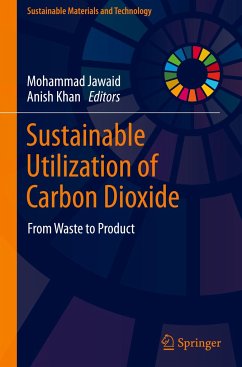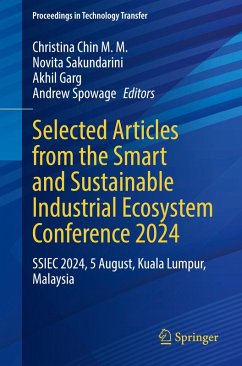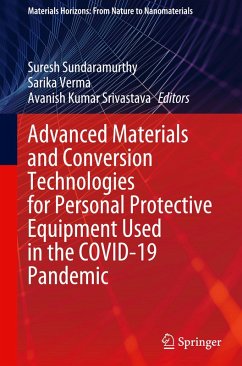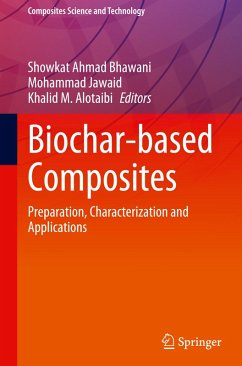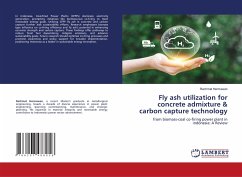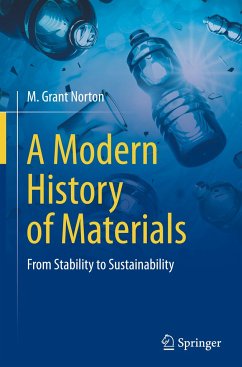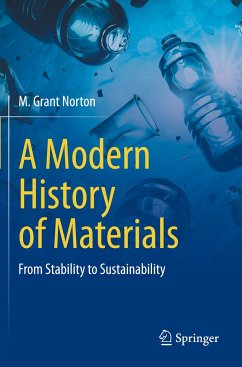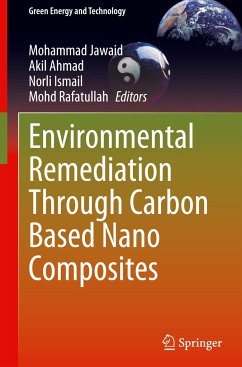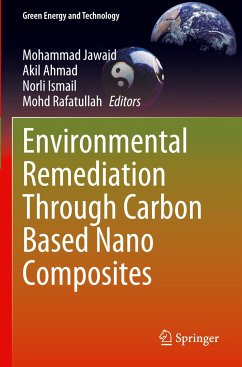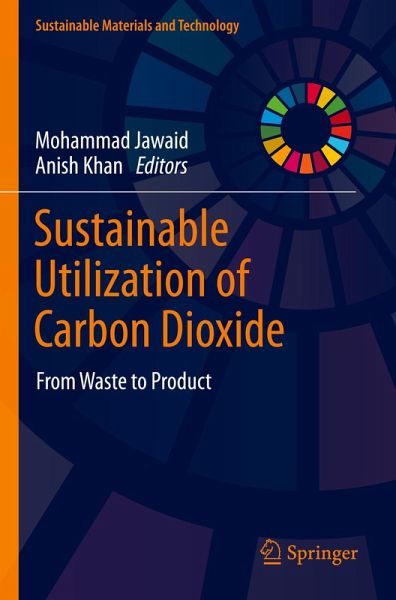
Sustainable Utilization of Carbon Dioxide
From Waste to Product
Herausgegeben: Jawaid, Mohammad; Khan, Anish
Versandkostenfrei!
Versandfertig in 6-10 Tagen
151,99 €
inkl. MwSt.

PAYBACK Punkte
76 °P sammeln!
This book covers the latest technology and experimental scientific advancements in converting carbon dioxide (CO2) from waste to useful commercial products. This approach helps to mitigate climate change due to carbon emission greenhouse effect and also create a circular economy through CO2 waste capture and utilization to produce CO2 derived products. This provides new direction for government organizations, manufacturing industries (fuel, chemicals, building materials) and investment firms to work towards a zero carbon future. This book caters to researchers, policymakers, industrial practit...
This book covers the latest technology and experimental scientific advancements in converting carbon dioxide (CO2) from waste to useful commercial products. This approach helps to mitigate climate change due to carbon emission greenhouse effect and also create a circular economy through CO2 waste capture and utilization to produce CO2 derived products. This provides new direction for government organizations, manufacturing industries (fuel, chemicals, building materials) and investment firms to work towards a zero carbon future. This book caters to researchers, policymakers, industrial practitioners who are interested in more sustainable practices in carbon dioxide technology.



